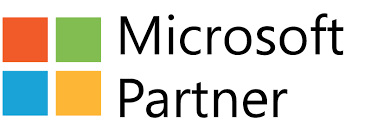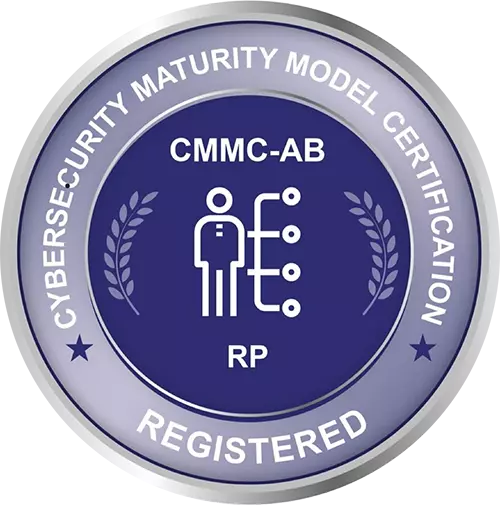
Unfortunately, a large portion of the death certificate data in the United States is inaccurate. These range from misidentified causes of death, to errors in medical care that weren’t reported, to coding mistakes that were made when patient data was initially gathered. Not only can these complicate legal matters on behalf of the deceased and cause distress for surviving family members, these inaccuracies misinform public health policy and research on a national scope. But before we explore some of the potential solutions that agencies may adopt in order to avoid them, it’s important to understand just how wide-reaching they’ve become.
As Lori Nerbonne notes, death certificate “[o]missions and inaccuracies wouldn’t be a big issue if they were uncommon,” but by some estimates the error rate is roughly 50 percent. When the pandemic hit and health systems were tasked with reporting hospitalizations and deaths due to COVID-19, these inaccuracies gained nationwide attention. It also prompted the question: if healthcare can improve reporting for COVID, why can’t organizations improve reporting for all types of death?
At a federal level, death certificates provide feedback that is used to drive health policy. We often hear about chronic diseases like diabetes, high blood pressure, and cancer, and the percentage of adults who are either at risk to develop these illnesses or already have them. Funding for research and treatment of these diseases is prioritized in part by death certificate data. But if that data is wrong, it’s possible that other areas of healthcare have been sidelined or overlooked. Improving data accuracy can identity these potential gaps.
Strengthening data integrity may seem like a daunting task, but there are a few steps that organizations can consider to start improving theirs. According to HHRI, those include:
(1) Updated Forms. Sometimes the simplest method is to include an extra checkbox. Death resulting from medical errors, injuries, and infections can be treated like any other cause and included as an option to mark on certificates. Yet this is not without its concerns, especially when it comes to the matter of liability. Will healthcare agencies be more inclined to report these types of incidents on certificates if their employees face criminal prosecution, as was the recent verdict regarding this nurse’s medication error? That answer may or may not lead to greater transparency.
(2) Increased Audits. Audits serve as an additional layer of accountability, ideally performed at the completion of each death certificate. This would make it easier to compare reported data against information from EMRs and billing codes to verify accuracy. To have an impartial auditing process, it’s recommended that this service be performed by a third-party contractor (more on that below).
(3) Patient Advocates. These positions can be part of a death certificate committee that can operate on behalf of the deceased to ensure their information is correctly documented and reported.
(4) Improved Training. Studies cite a lack of training as the main reason for death certificate errors. Today’s Geriatric Medicine notes that training improvements could come in the form of “hour-long didactic sessions, day-long interactive seminars/workshops, independent paper or online instruction review, training videos, and retrospective feedback on audited certificates.” HHRI suggests including death certificate completion in medical school, and offering it to current doctors under continuing education.
As we noted above, scheduled audits can be a means of ensuring data integrity and accuracy, and we can help when it comes to outsourcing this work. HCRS has years of healthcare and government experience assisting organizations with their medical coding, data management, compliance, and cybersecurity. We also offer training to meet all industry standards and requirements. If you have a need for any of these services, let’s have a conversation.







Who We Are
Services
Career Opportunities
Interested in applying for a job with us? HCRS offers competitive compensation and benefits and hires a wide range of professionals. Apply Here

8601 Robert Fulton Drive, Suite 130 | Columbia, Maryland 21046 | Office: (301) 497-1187 Fax: (866) 384-2303
Copyright © 2025 Healthcare Resolution Services, Inc. All rights reserved. | Privacy Policy
